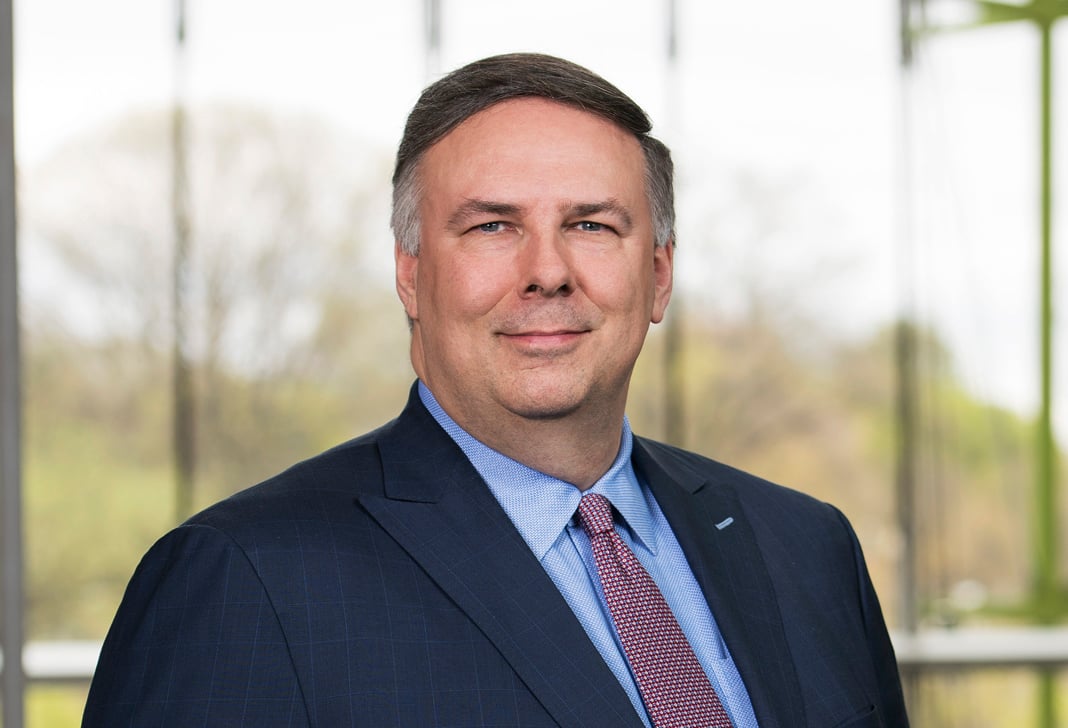
U.S. Supreme Court Addresses Scope of Patent Venue
In TC Heartland LLC v. Kraft Foods Group Brands LLC, the U.S. Supreme Court resolved where a domestic corporation "resides" for purposes of the patent venue statute. The Court narrowed the meaning of "resides" under 28 U.S.C. § 1400(b), holding that a domestic corporation "resides" only in its state of incorporation. In doing so, the Court overruled the Federal Circuit's nearly three-decade precedent in VE Holdings v. Johnson Gas Appliance that interpreted Section 1400(b) as permitting patent owners to sue a corporation in any district where the corporation was subject to personal jurisdiction.
The patent venue statute provides that "[a]ny civil action for patent infringement may be brought in the judicial district where the defendant resides, or where the defendant has committed acts of infringement and has a regular and established place of business." Sixty years ago, in Fourco Glass v. Transmirra Products, the U.S. Supreme Court held that a domestic corporation "resides" only in its state of incorporation notwithstanding that the general venue statute, 28 U.S.C. § 1391(c), defined "residence" as "any judicial district in which [a corporation] is incorporated … or is doing business."
In 1988, Congress amended Section 1391(c) to read that "[f]or purposes of venue under this chapter, a defendant that is a corporation shall be deemed to reside in any judicial district in which it is subject to personal jurisdiction." In VE Holdings, the Federal Circuit reasoned that the amendments to the general venue statute abrogated Fourco and redefined the term "resides" in the patent venue statute.
In 2011, Congress amended Section 1391 to state that "[e]xcept as otherwise provided by law," "this section shall govern the venue of all civil actions brought in district courts of the United States." Section 1391(c)(2) provides that "[f]or all venue purposes," defendants "shall be deemed to reside … in any judicial district in which such defendant is subject to the court's personal jurisdiction with respect to the civil action." The Federal Circuit in TC Heartland concluded that these amendments did not disturb the VE Holdings decision.
The U.S. Supreme Court reversed, holding that VE Holdings was wrong from the outset. The Court explained that the 1988 amendments did not affect the patent-venue provisions of Section 1400. The Court further reasoned that the 2011 amendments bolstered Fourco's interpretation of patent venue.
The long-term impact of TC Heartland may not be apparent for some time. In the meantime, Congress may revisit patent venue as part of future patent reform legislation.
Lawyer Contacts
For further information, please contact your principal Firm representative or one of the lawyers listed below. General email messages may be sent using our "Contact Us" form, which can be found at www.jonesday.com/contactus/.
Joseph M. Beauchamp
Houston
+1.832.239.3835
jbeauchamp@jonesday.com
Gregory A. Castanias
Washington
+1.202.879.3639
gcastanias@jonesday.com
Keith B. Davis
Dallas
+1.214.969.4528
kbdavis@jonesday.com
Sasha Mayergoyz
Chicago
+1.312.269.1572
smayergoyz@jonesday.com
Jones Day publications should not be construed as legal advice on any specific facts or circumstances. The contents are intended for general information purposes only and may not be quoted or referred to in any other publication or proceeding without the prior written consent of the Firm, to be given or withheld at our discretion. To request reprint permission for any of our publications, please use our "Contact Us" form, which can be found on our website at www.jonesday.com. The mailing of this publication is not intended to create, and receipt of it does not constitute, an attorney-client relationship. The views set forth herein are the personal views of the authors and do not necessarily reflect those of the Firm.





